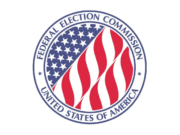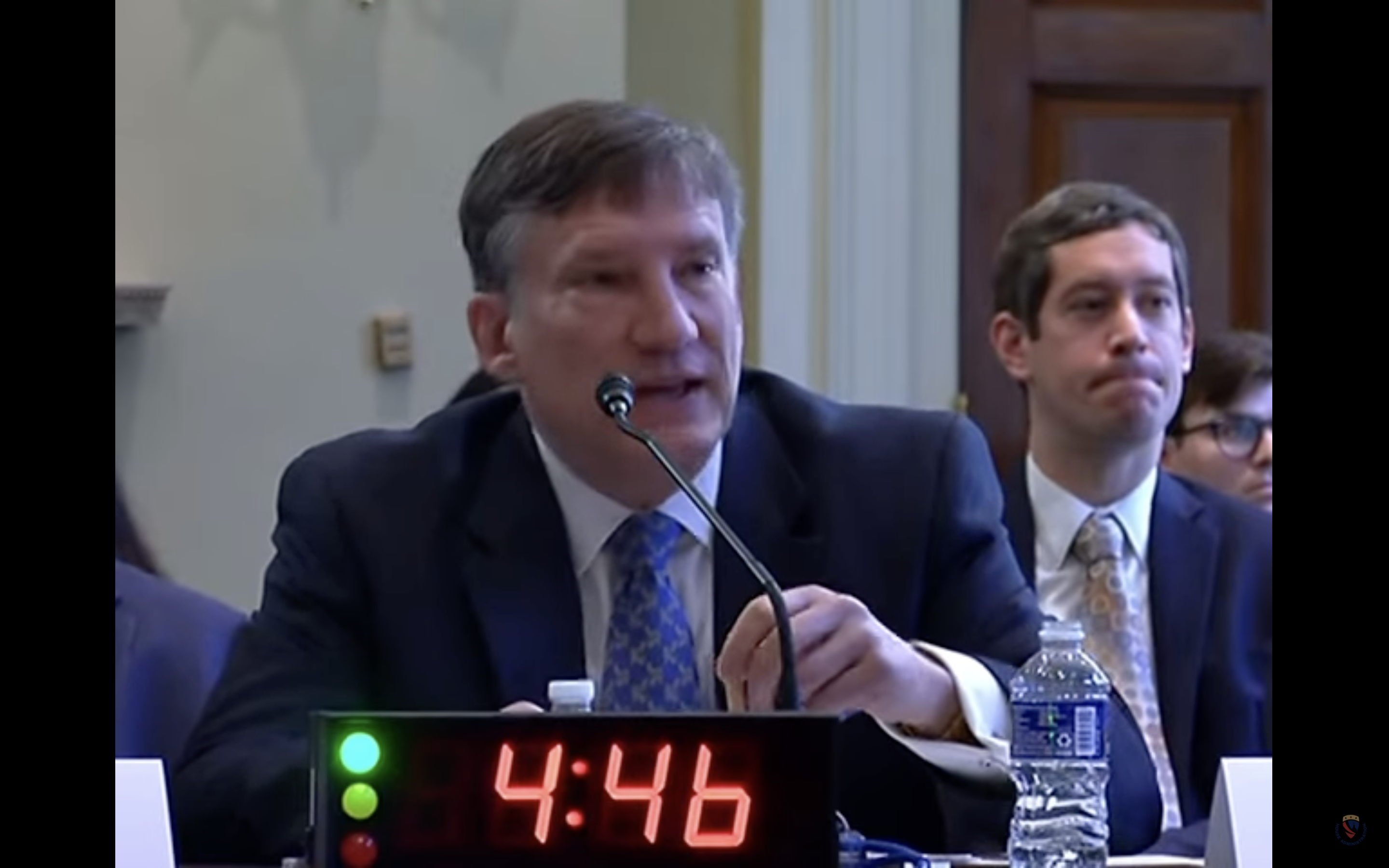Is the right of potential candidates to consider carefully whether to run for the most powerful political office in the world a “tired cliche?” It is according to anew column from the Associated Press, ominously titled “With toes in water, hopefuls hide funds“.
The AP column’s title badly mischaracterizes an activity known as “testing the waters” as “hiding” funds. “Hiding,” of course, suggests that some deception is occurring, which is simply untrue.
Running for office is difficult and expensive. Naturally, prospective candidates would like to weigh their chances of success before investing the time, money, and effort necessary to mount a successful campaign. During this “testing the waters” period, they may conduct polls, travel around their state (or, in the case of presidential hopefuls, the country), and make telephone calls, without becoming an official “candidate”. Money received or payments made for these “testing the waters” activities are not considered to be “contributions” or “expenditures” within the meaning of FEC regulations and therefore are exempt from certain reporting requirements. If an individual later decides to run for office, these reporting requirements kick in and all funds previously raised or expended must be accounted for.
Where’s the “hiding”? Where’s the deception? The federal government has chosen not to require individual taxpayers to disclose their annual income in publicly available reports, but we would never say that, by not making the information public, taxpayers are “hiding” their incomes.
That the author finds it perfectly natural to conflate the absence of regulation with active deception shows just how much political freedom has been eroded by “reform.” If a behavior has, for any reason, escaped regulation, it is automatically considered a “loophole” that must be shut.
But why should we care to know what candidates raise and spend to test the waters if they don’t ultimately run for office? “Reform,” after all, is intended to combat corruption or its appearance in government. I may attempt to curry favor with a prospective candidate by helping to finance testing-the-waters activity, but if that individual doesn’t run and therefore isn’t in a position of dispensing political favors, why should anyone be concerned?
Perhaps the concern is that, say, a senator will accept testing-the-waters funds, chose not to run for president, but then be indebted to the donor while still in office. The tone of the AP column might lead one to fear this potential source of “corruption”, but only because it contains a glaring omission: while testing-the-waters funds need not be reported, they must be funds that are “permissible under the Act.” This means that they must comply with all source prohibitions (i.e., they may not come from corporations, unions, foreign nationals, federal contractors, or be made in another’s name). They must also comply with all contribution limits. If our hypothetical senator could accept these funds to run for reelection to the Senate without raising concerns about corruption, then there’s absolutely no reason to fear corruption when identical funds are used to test the waters for another office.
“Testing the waters” is not a “tired cliche.” Rather, it’s an important process that allows potential candidates to determine their viability. It improves the pool of candidates by weeding out those that don’t have a chance and, sometimes, discovering candidates no one would expect had a chance. And more importantly, it’s a process that is perfectly legal and ethical.
The real “tired cliche” is campaign finance reporting that misrepresents the law and evinces a reflexive skepticism towards any unregulated political activity. That cliche has spread like wildfire ever since “reformers” opened up the Pandora’s box of political speech regulation. As long as it persists, however, we’ll keep our noses to the grindstone, correcting reporters until hopefully, one day, we’re preaching to the choir.














